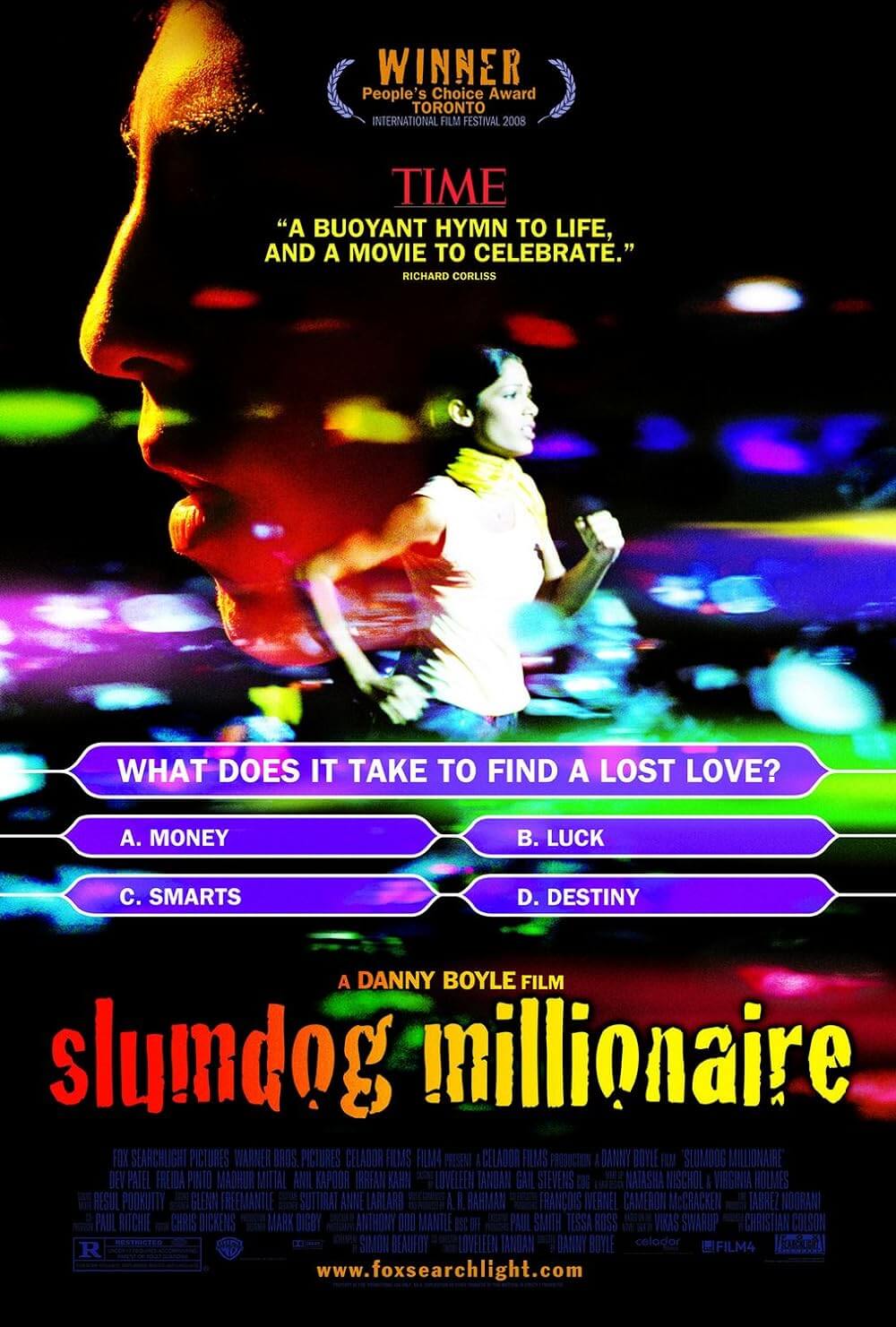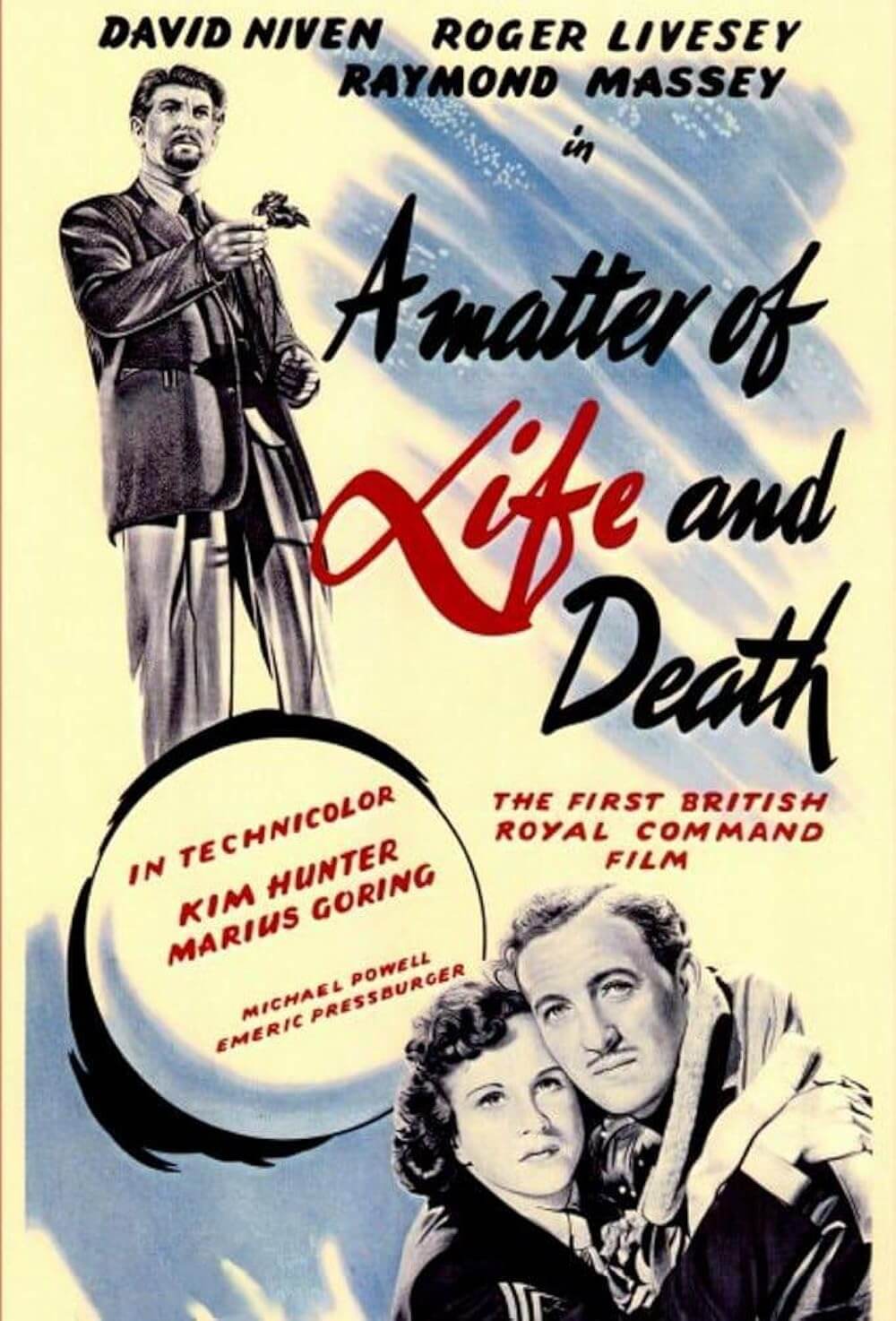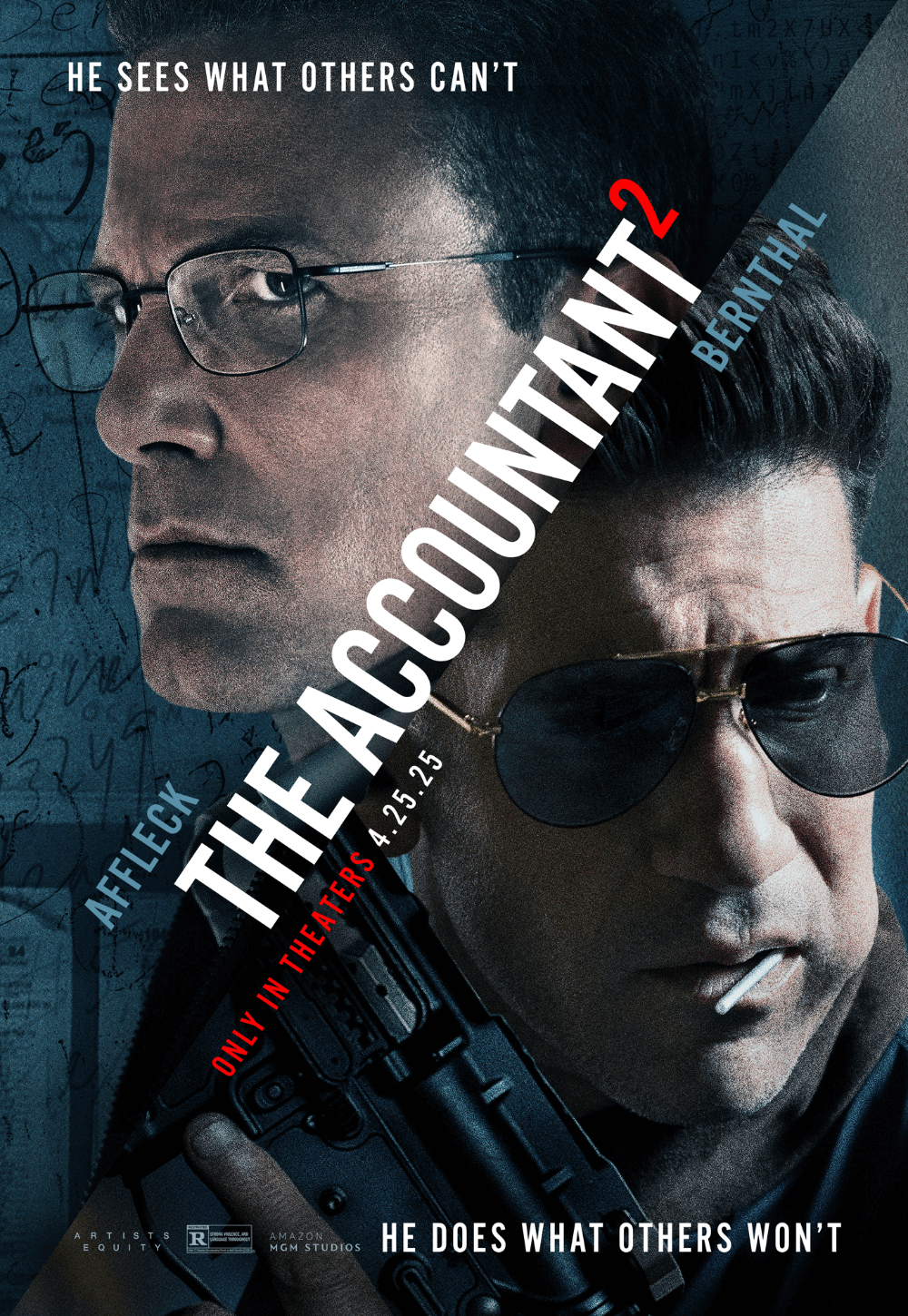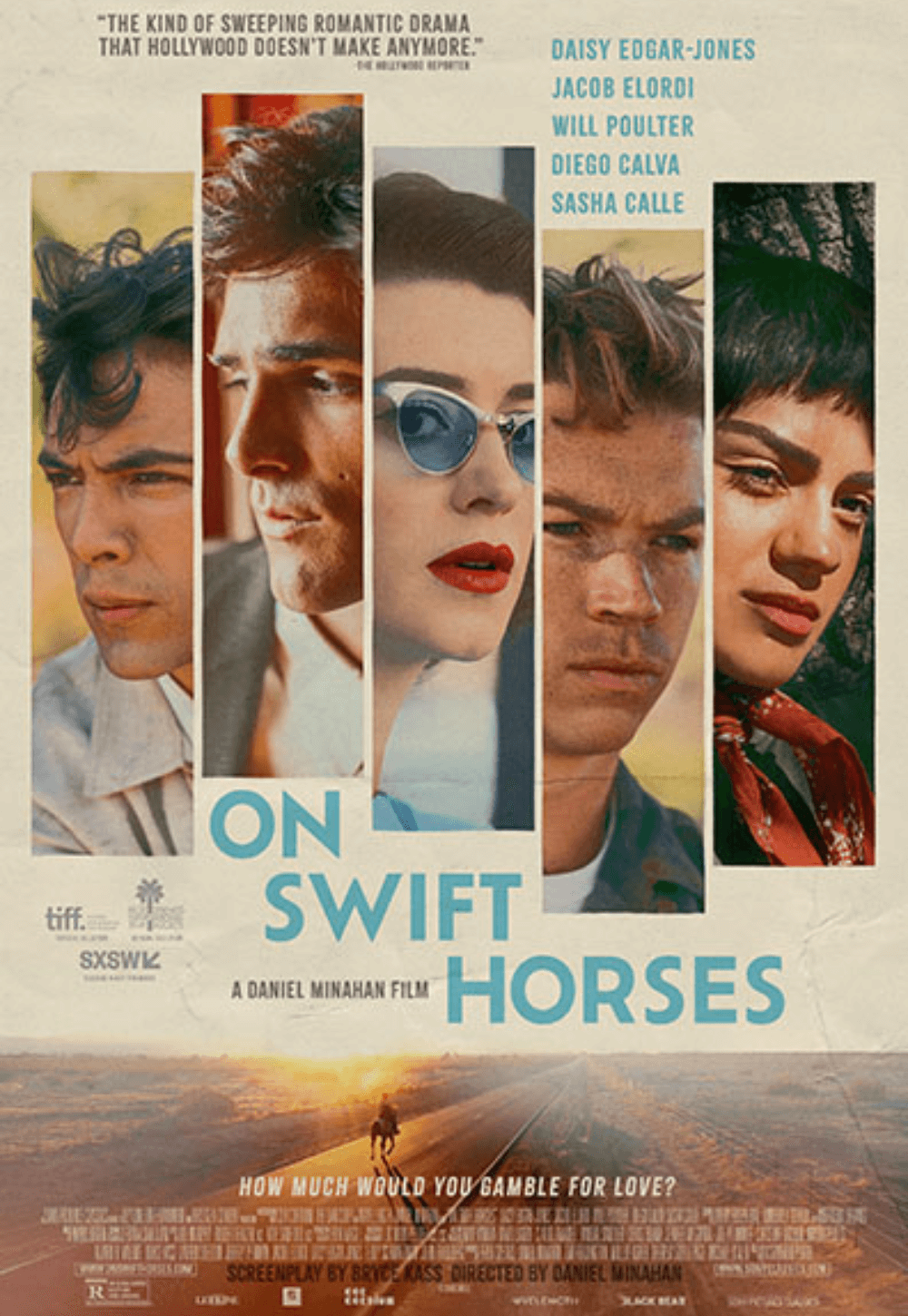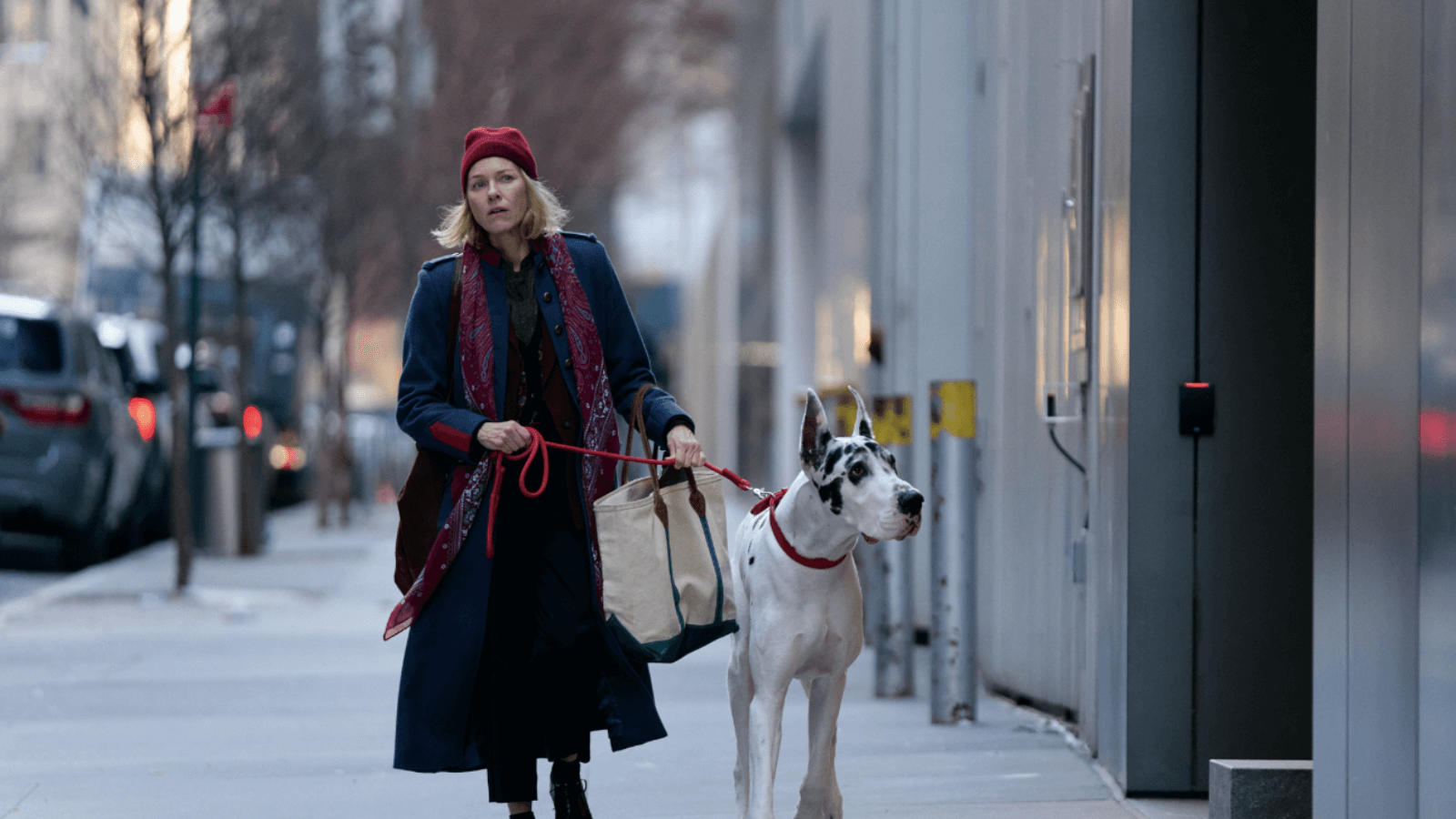
The Friend
By Brian Eggert |
The Friend asks the question: “What will happen to the dog?” For a particular type of pet owner, that’s the most pressing question in life. The answer prevents us from staying out too late, if we choose to leave the animal home alone at all. It gives us pause before planning an extended vacation. What kennel could ever be good enough for our furry friend? What dog sitter could love our fur baby as much as we do? The amount of time we spend thinking about what would happen to the dog should we die is probably unhealthy. At the same time, the question “What will happen to the dog?” also gives us purpose. What better reason to stick around than the unconditional love shared between a dog and its human? In an insane world, a dog supplies a rare source of joy and fulfillment that never wavers, focusing our lives on something that is unequivocally good. And in The Friend, a dog owner asks that central question but perhaps does not consider it fully.
Naomi Watts plays Iris, a fiction writing instructor and consummate movie New Yorker, the sort with an apartment in the West Village and a small inventory of cozy, extra-long scarves. When her famous author friend, Walter (Bill Murray), commits suicide, she discovers that this talented, womanizing, yet charming man has bequeathed her Apollo, his 180-pound Great Dane (played by Bing, a good boy)—an animal he found sitting on a hill one day, unattended under the Brooklyn Bridge. He’s hardly a practical companion for the apartment lifestyle in the Big Apple. And while this setup might sound like another schmaltzy dog movie such as Marley & Me (2008) or A Dog’s Purpose (2017), writer-directors Scott McGehee and David Siegel thoughtfully adapt Sigrid Nunez’s bestselling 2018 novel into an emotionally intelligent drama about grief and companionship. However, a late-movie miscalculation almost entirely squanders any goodwill toward the material.
The Friend unfolds after Walter’s death, and Iris is among several women processing the loss. Besides his widow (Noma Dumezweni), Walter has left behind two previous wives (Constance Wu and Carla Gugino) and an adult daughter named Val (Sarah Pidgeon). Iris has been working with Val to compile a book of Walter’s writing. All of these women remain curiously devoted to Walter, who was by all accounts a remarkable writer and irresistible charmer. At 74, Murray’s charm and characteristic screen persona go a long way to justify why so many much younger women would be drawn to Walter. And while it’s clear that Murray’s affable quality earned him the role, the age gap marks not one but four examples of the Hollywood cliché of an older actor paired with a younger actress. Moreover, it’s an aged lothario role similar to one he’s played before in Jim Jarmusch’s Broken Flowers (2005).
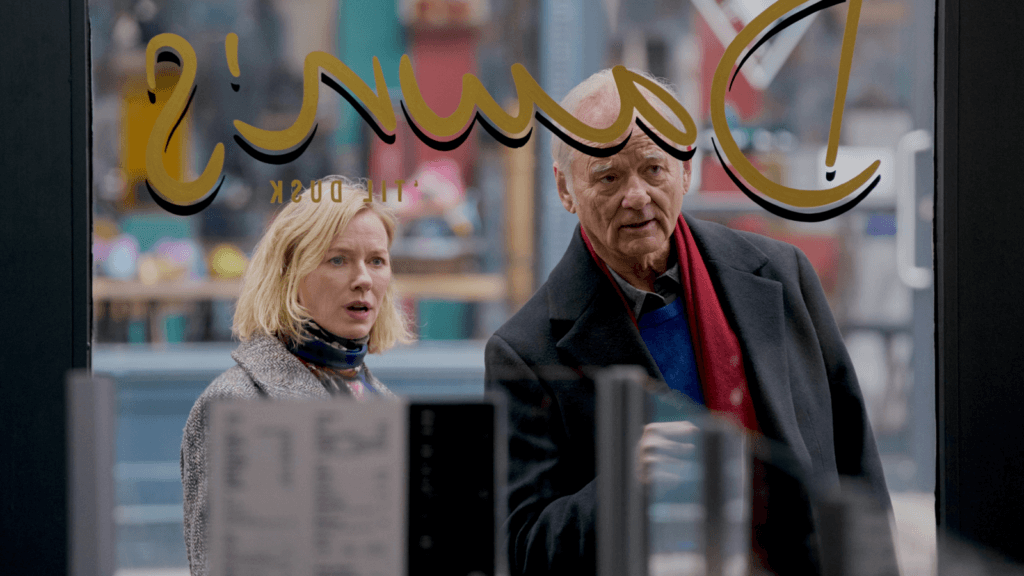
So, why did Walter kill himself? How could he abandon so many friends and, most of all, Apollo? These questions do not have satisfying answers. But asking them leads to an earnest investigation of loss. Much of the drama centers on Iris, a verified cat person who reluctantly retrieves Apollo from a kennel and brings him home to her apartment. It’s not that her space is small; the dog is just so big. At first, Apollo is despondent. He lies lethargically on Iris’ bed, mourning his master. When Iris leaves for work, he acts out and trashes her place. She tries to find him a more suitable home with no luck, and her building owners plan to enforce their no dogs allowed policy. It’s only through talking about Apollo and her grief with Walter’s friends, her neighbor (Ann Dowd), and a shrink (Tom McCarthy) that Iris begins to weigh the full extent of her grief and need for the dog. Fortunately, the filmmakers never resort to overwrought sentimentality to accomplish this.
Siegel and McGehee direct an achingly considered look at the people left in the wake of suicide, furry or otherwise. Watts handles the role with grace, never overplaying what might be cute dog moments for a movie trailer. The Friend also resists the usual animal reaction shots and obvious potential for juxtaposition jokes about Apollo’s size. The material sustains an emotional seriousness that its execution never betrays; the filmmaking plays like a standard indie dramedy, visually downcast, while the music by Jay Wadley and Trevor Gureckis doesn’t overstate the premise’s cuteness. Though, Editor Isaac Hagy occasionally employs a novelistic structure that causes the movie to shift unpredictably. There’s perhaps too much leaping around in time inside Iris’ memories, and more than one subplot feels extraneous, making the two-hour runtime feel even longer. For instance, it’s unclear what Iris’ chauvinistic student (Owen Teague) adds to the proceedings. But there are far too many nuanced performances and affecting moments in The Friend to dismiss it.
All this would have been rather sweet and affecting had the last scene not supplied a fucked-up emotional gotcha and spoiled my goodwill toward the picture. Spoiler to follow: After resolving to keep the dog for good, Iris sees Apollo on the beach, lying on his side, unmoving. She approaches with a smile at first, then concern. Thoughts of Apollo’s limited lifespan as a large breed, mentioned more than once in the movie, raced through my mind. Is this really how they’re going to end it, I thought, with the dog dying? At this, I was filled with the intended milliseconds of dread over the potential loss, along with some preemptive anger. Then Apollo’s head pops up, and Iris breathes a sigh of relief. And with that, the end credits arrive. It’s such a meaningless moment of manipulation, designed to make the viewer’s heart sink before restoring order, like the last shock of a horror movie. I went from feeling upset about the possibility of Apollo’s death to being aggravated by the filmmakers’ petty emotional games. For a drama that spends much of its runtime reaching for authentic emotions, it’s a wholly artificial conclusion that soured the experience. Now that you know it’s coming, maybe you can look beyond this moment and savor everything that precedes it.
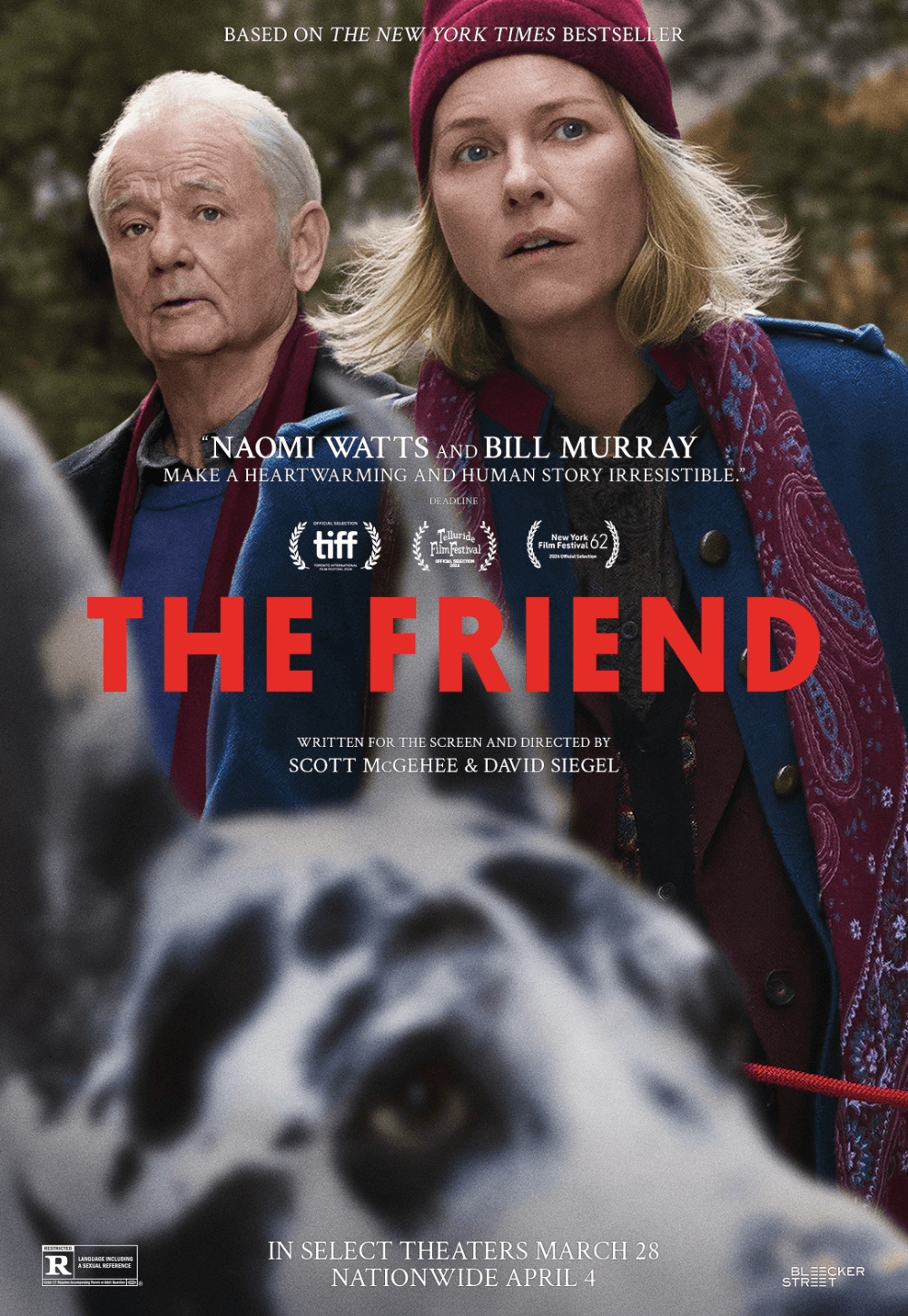
Consider Supporting Deep Focus Review
I hope you’re enjoying the independent film criticism on Deep Focus Review. Whether you’re a regular reader or just occasionally stop by, please consider supporting Deep Focus Review on Patreon or making a donation. Since 2007, my critical analysis and in-depth reviews have been free from outside influence. Becoming a Patron gives you access to exclusive reviews and essays before anyone else, and you’ll also be a member of a vibrant community of movie lovers. Plus, your contributions help me maintain the site, access research materials, and ensure Deep Focus Review keeps going strong.
If you enjoy my work, please consider joining me on Patreon or showing your support in other ways.
Thank you for your readership!
Brian Eggert | Critic, Founder
Deep Focus Review


